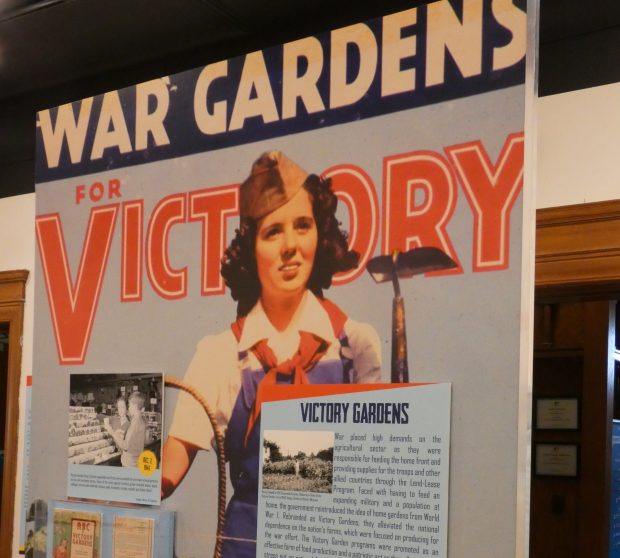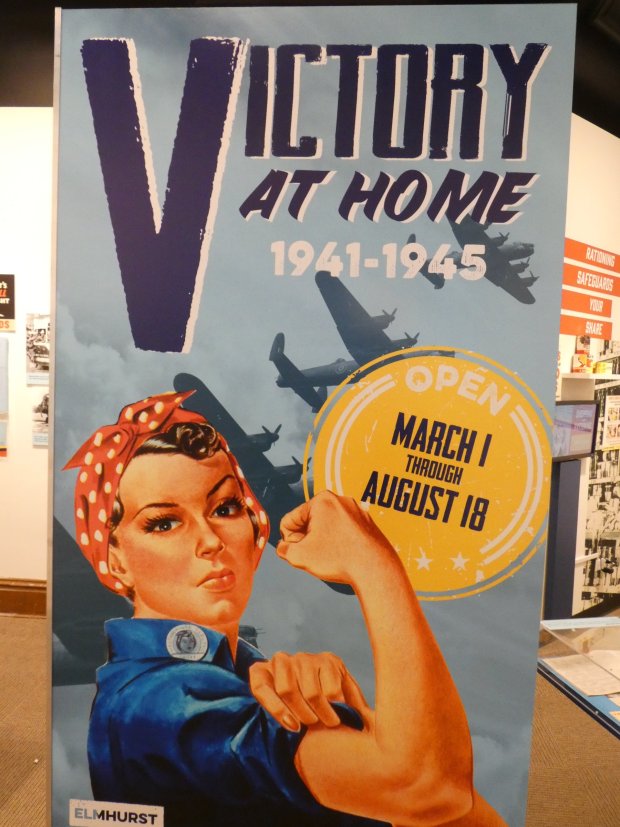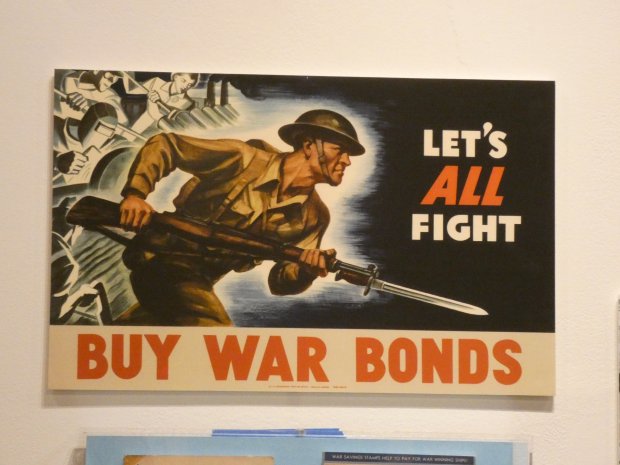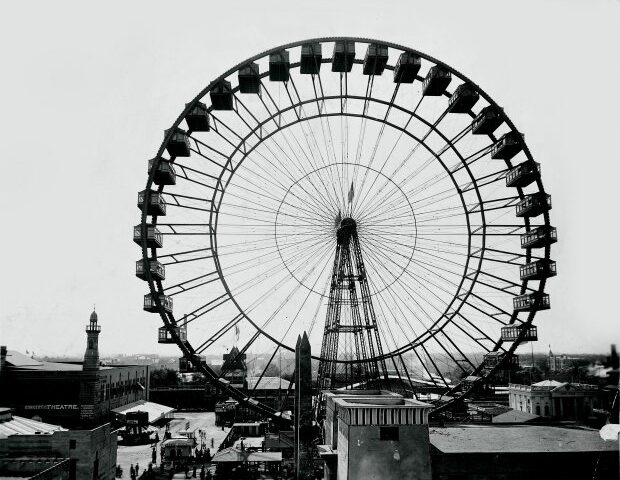The Elmhurst History Museum’s new exhibit, “Victory at Home: 1941 – 1945,” will explore the national efforts by ordinary citizens to support the military and the U.S. war effort during World War II.
The exhibit, opening Friday, March 1 and running through Aug. 18, will include photos, historical items and programs about a time that saw regular folks dealing with rationing of basic items like coffee, sugar, gasoline and car tires to help the war effort. At the same time, societal changes came, including women entering the workforce in substantial numbers to replace men in military service.
As a release from the Museum noted, the exhibit will explore the sacrifice, service, and patriotism of the steadfast generation of civilians who helped lead the Allies to victory through united efforts such as rationing, women in the workforce, increased war production, purchasing war bonds, and much more.
In a 1942 Fireside Chat, President Franklin Roosevelt addressed the need for civilians to do their part for the war effort. “But there is one front and one battle where everyone in the United States—every man, woman, and child—is in action and will be privileged to remain in action throughout this war,” Roosevelt said then. “That front is right here at home, in our daily lives, and in our daily tasks.”
The Museum’s new exhibit will look at that civilian action close to home.
“We’re really going to look at the home front here in Elmhurst, in the western suburbs and in the greater Chicago area,” said Museum Executive Director Dave Oberg. “We’re losing a lot of members of that generation who remember World War II directly. This is the most mobilized our society ever was for a common cause. We wanted to share that story.”
Telling that story will involve not only exhibits of photographs, artifacts and interactive audio-video stations, but also lectures, programs and discussions helping to bring that important history to life, according to Curator of Exhibits Sarah Cox.
A March 10 lecture will cover “The Fly Girls of WWII.” While women didn’t fly in combat, more than 1,100 women served by flying military aircraft on air ferry missions, towing targets for target practice, aircraft shakedown flights and other missions.

A March 16 lecture and workshop on victory gardens will examine both the historical significance of families growing their own food and the contemporary relevance of the gardens which provide families with a sustainable home-grown source of fresh produce. Participants can also get their hands dirty with an heirloom seed starting workshop.
An April 7 event will showcase recipes and cooking techniques wartime cooks used to work around food rationing and make the most of available resources. Before the 2 p.m. program by the Culinary Historians of Northern Illinois, members of the group hope visitors will bring in family recipes from the Depression and World War II era for recording in the group’s Cookery Manuscript Project.
The Museum’s series of public programming events also includes exhibition gallery talks in April and May with Curator of Exhibits Sarah Cox and Curator of Collections Dan Lund.
A May 19 lecture will look at “The Windy City at War: Chicago’s Homefront 1941 – 1945.”
A lecture on April 21 will look at the internment of Japanese Americans during the war, as well as their reintegration after the war, including the migration of many former internees to the Chicago area. Cox said the Museum has been loaned a scrapbook made by Japanese American children who were in one of the California camps during the war.
A visit from members of the Rockford Peaches Vintage Baseball Club who reprise the game as seen in the film “A League of Their Own” is also planned.
Cox called the years of World War II a pivotal point in history. Cox comes from a British family and said her own grandmother, a girl in London during the German bombings, was sent to the English countryside for safety.

“It was a time period when we (in the U.S.) as a nation united as one to achieve victory in World War II,” Cox said. “The aftermath of the war started the Baby Boom and set the stage for much of the international relations we still have today.”
Cox summed up the aim of the exhibit and programs. “There are a lot of stories about the battlefront during World War II,” she said. “Not a lot is focused on what was happening here at home. We want to keep that history in people’s minds.”
The Elmhurst History Museum is located at 120 E. Park Ave. in Elmhurst, a short walk from the Elmhurst Metra station. The Museum is open Sundays and Tuesdays To Fridays from 1 p.m. to 5 p.m. and Saturdays from 10 a.m. to 5 p.m. It is closed on Mondays.
Museum admission is always free, but some programs require advance registration and fees. More information on programs and the exhibit are available at Elmhurst History Museum.
Graydon Megan is a freelance reporter for Pioneer Press.




